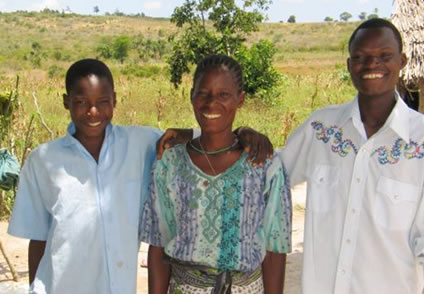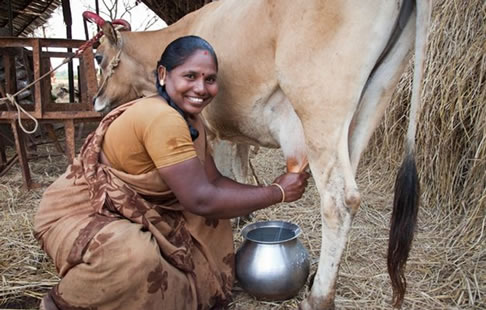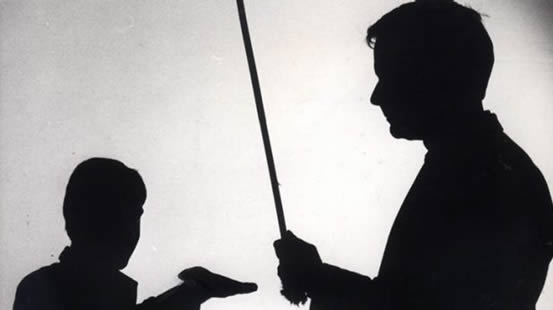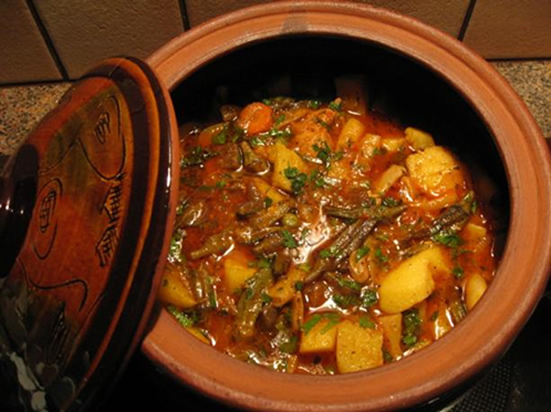 | Adio kopali palite eroko ijo edite akilanya arauni ijo lokopala plani kimojong ijo. (Teso) Ni heri kuwa maskini ukiwa kijana badala kuwa maskini katika uzee. (Swahili) Mieux vaut d’être pauvre quand on est encore jeune que de devenir pauvre à la vieillesse. (French) It is better to be poor when one is young rather than become poor in old age. (English) |
 | Egabire tebura kikama. (Runyankore) Ng’ombe yenye maziwa haikosi mtu wa kuikamua. (Swahili) La vache qui a du lait ne manquera pas quelqu’un pour la traire. (French) The cow that has milk will never lack someone milking it. (English) |
Runyankore (Uganda) Proverb
 | Chumba chidide chinaidima kuphenya atu mirongo kumi. (Duruma) Duruma (Kenya) Proverb “Chirondoni” “Tseka” (Duruma) “Kitendawili.” “Tega.” (Swahili) “Je ai une énigme." " Laissez-le venir." (French) “I have a riddle.” “Let it come.” Duruma (Kenya) Riddle |
 | Atika mutosi ndaaluhega mwana. (Bangubangu) Mzazi arekebishaye mtoto wake makosa kwa kiboko, hajakosea. (Swahili) Le bâton d’un parent qui corrige son enfant ne lui fait du mal. (French) The parent who corrects his or her child with a rod does not sin. (English) |
Bangubangu (Democratic Republic of the Congo -- DRC) Proverb
 | Ariye na dada kakosa mlamu. (Chonyi) Aliye na dada ana mkwe pia. (Swahili) Celui qui a une sœur, a aussi un beau frère. (French) He who has a sister has a brother-in-law. (English) |
Chonyi (Kenya) Proverb
 | Yaya, e’eri tiyana kwana marara, na twani tiyana kobuga eta’ageti chimba. (Gusii) Fahari haiwezi kunguruma akilala wala jogoo hawezi kuwika bila kupiga mabawa yake. (Swahili) La vache beugle jarnais quand elle dort, ni le coq ne chante sans bouger ses ailes. (French) No, the bull will never bellow when it sleeps; neither will the cockerel ever crow without clapping its wings. (English) |
Gusii (Kenya) Proverb
 | Botolome ya bokokota baiso ko ndaengo. (Kele) Mwanaume mwenye tamaa jicho lake huwa katika sufuria. (Swahili) Un glouton a toujours l’œil dans la casserole de sa femme. (French) A greedy man always has his eye on his wife’s pot. (English) |
Kele (Democratic Republic of Congo) Proverb







